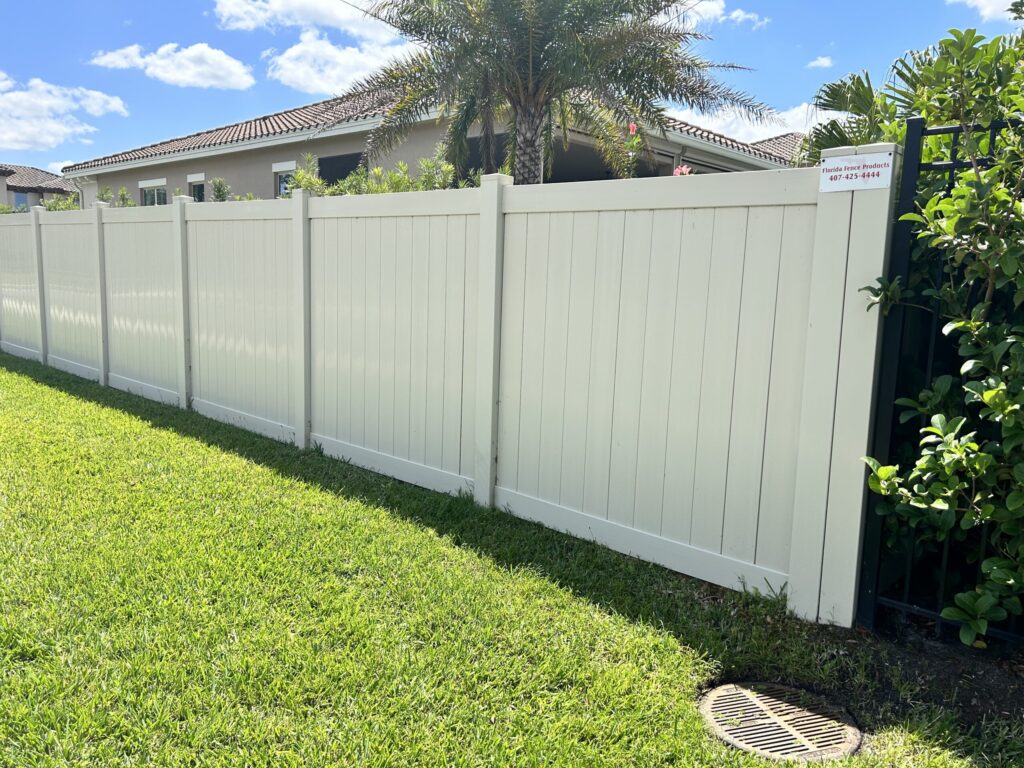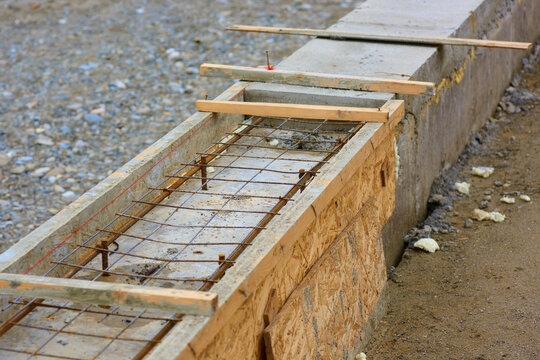PVC fencing has gained popularity in recent years for its durability, aesthetic appeal, and minimal maintenance requirements. Unlike traditional wood or metal fences, PVC fencing resists weather, pests, and decay, making it an ideal choice for homeowners seeking a long-lasting solution. However, to maximize the lifespan of your PVC fencing and keep it looking its best, it’s important to follow a consistent maintenance routine. Here’s everything you need to know about maintaining your PVC fencing for longevity.
Regular Cleaning
One of the simplest yet most effective ways to maintain PVC fencing is regular cleaning. Over time, dirt, grime, mold, and mildew can accumulate on the surface. To clean your fence:
- Prepare a Cleaning Solution: Mix a mild detergent with warm water. Avoid harsh chemicals as they can damage the material.
- Use Soft Tools: Gently scrub the fence with a soft cloth, sponge, or a soft-bristled brush.
- Rinse Thoroughly: After scrubbing, rinse the fence with a garden hose to remove any soap residue.
For tougher stains, you can use a solution of vinegar and water or a specialized PVC fence cleaner, which is available at most hardware stores.
Inspect for Damage Regularly
While PVC fencing is highly durable, it’s still susceptible to damage from external forces such as lawn equipment, vehicles, or extreme weather. Regularly inspect your fencing for:
- Cracks and Splits: Address minor cracks immediately to prevent them from expanding.
- Loose Posts or Panels: Tighten any loose screws or bolts and reinforce the fence as needed.
- Discoloration: Look for any fading or yellowing, which can be a sign of UV damage.
Early detection of these issues can prevent more extensive and costly repairs down the line.
Protect Against Impact
PVC fencing is sturdy but not invincible. Heavy impacts can cause cracks or dents. To protect your fence:
- Mind Lawn Equipment: When mowing or trimming, be careful around the fence line.
- Prevent Climbing: Discourage children or pets from climbing on the fence, which can cause unnecessary stress.
- Install Protective Barriers: In areas prone to vehicle traffic, consider adding protective barriers to prevent accidental impacts.
Address Mold and Mildew Promptly
PVC fencing is resistant to mold and mildew, but it’s not entirely immune, especially in humid climates. To address this:
- Use a Mold Cleaner: Apply a specialized mold remover designed for PVC surfaces.
- Power Washing: A low-pressure power washer can be effective for stubborn mildew. Keep the pressure moderate to avoid damaging the fence.
- Improve Drainage: Ensure the ground around your fence has proper drainage to reduce moisture buildup.
Lubricate Moving Parts
If your PVC fencing includes gates or moving parts, regular lubrication is essential. Use a silicone-based lubricant on hinges and latches to keep them functioning smoothly and prevent rusting of any metal components attached to your PVC fence.
Repaint or Refurbish When Needed
High-quality PVC fencing typically maintains its color without the need for repainting. However, if your fence becomes discolored over time and cleaning doesn’t restore its appearance, you can repaint it using:
- PVC-Friendly Paint: Choose a paint specifically formulated for plastic surfaces.
- Proper Preparation: Clean and lightly sand the surface to help the paint adhere.
- Multiple Thin Coats: Apply multiple thin coats instead of one thick coat for a smoother finish.
Seasonal Maintenance Tips
Each season can bring unique challenges for your PVC fencing. Here’s how to handle them:
- Spring: Inspect for any damage from winter storms and clear any accumulated debris.
- Summer: Monitor for UV damage, especially if your area experiences intense sunlight.
- Fall: Remove fallen leaves and organic matter to prevent staining and mildew.
- Winter: Brush off heavy snow to prevent stress on the fence and avoid using salt nearby, which can damage the material.
Keep Landscaping in Check
Nearby plants, trees, and shrubs can affect the health of your PVC fencing. To maintain a clear and tidy perimeter:
- Trim Overhanging Branches: Prevent branches from scraping or falling onto the fence.
- Maintain a Clear Base: Keep grass, weeds, and vines from growing too close to the fence, which can trap moisture and cause staining.
- Avoid Harsh Chemicals: When applying fertilizers, herbicides, or pesticides, ensure they do not come into direct contact with the fence.
Secure Hardware and Accessories
Over time, the hardware that supports your PVC fencing, such as screws, brackets, and hinges, may loosen due to weather changes and use. Regularly:
- Tighten Loose Components: Use appropriate tools to keep all hardware secure.
- Replace Corroded Parts: Swap out rusted or corroded hardware with stainless steel or galvanized options to prolong fence integrity.
Dealing with Stubborn Stains
Despite your best efforts, some stains may prove difficult to remove. For these:
- Magic Erasers: These are excellent for scuff marks and light stains.
- Bleach Solution: A diluted bleach solution can tackle more stubborn stains, but use it sparingly and rinse thoroughly.
- Professional Help: If stains persist, consider hiring a professional cleaner experienced with PVC fencing.
Benefits of Proper Maintenance
Taking the time to properly maintain your PVC fencing pays off in several ways:
- Extended Lifespan: Well-maintained PVC fencing can last for decades.
- Curb Appeal: A clean and intact fence enhances your property’s appearance.
- Cost Savings: Preventative care reduces the need for expensive repairs or premature replacement.
Conclusion
PVC fencing offers a beautiful, low-maintenance solution for any property, but like any investment, it benefits from a little attention and care. By following a regular maintenance routine, addressing issues promptly, and protecting your fence from environmental and physical damage, you can ensure your PVC fencing remains a durable and attractive feature of your home for many years to come.
Remember, the key to long-lasting PVC fencing is not just its inherent qualities but also the commitment you make to its ongoing upkeep. A little effort now can save you a lot of time, money, and headaches in the future.





